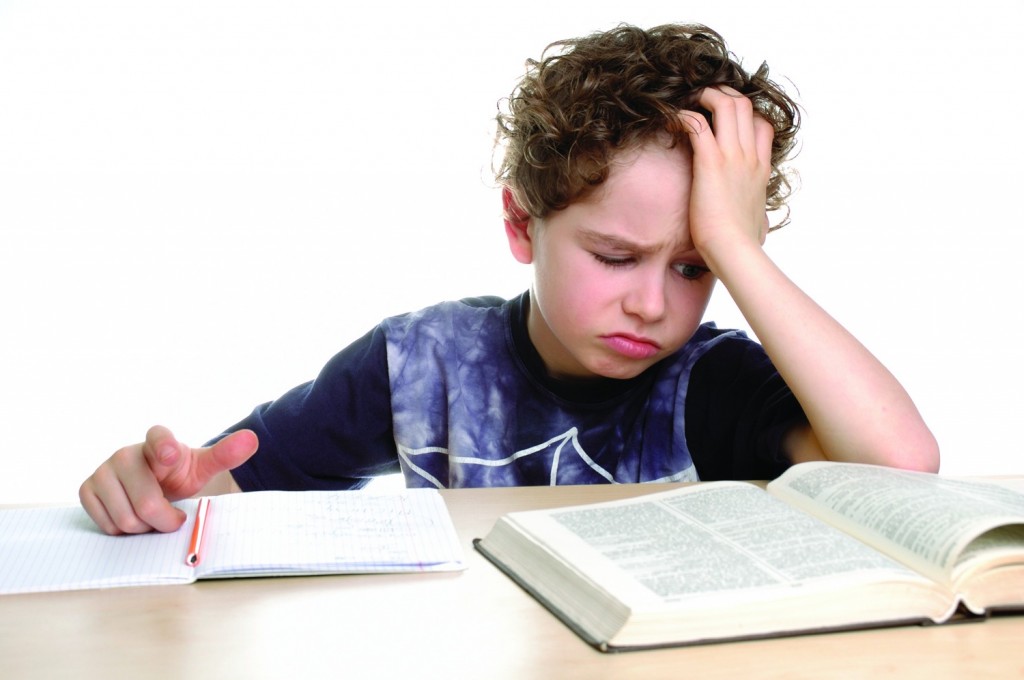Reading Problems: Is It Dyslexia?
As young children learn to read there can be some ups and downs that are easily overcome. But for some children reading and writing are far more challenging. How do you know when your child’s struggles may be saying they need some extra help?
Dyslexia refers to difficulty in learning to read in a person who has good intelligence, strong motivation, and who has received appropriate teaching. Dyslexia is a learning ‘disability’ with strong ties to visual learning. Like visual learners, dyslexics think in pictures instead of words, are highly intuitive and think three-dimensionally. And while these are all great attributes, they can cause problems in the classroom, especially when it comes to reading and writing. Our visual learners may need extra help and may even benefit from working with the reading specialist at school.
Some traits that visual learners and dyslexics share:
Think in images. Less successful with language.
Articulate and intelligent but grades don’t reflect it.
Don’t read and write at grade level.
Disorganized and easily distracted.
Can struggle to complete work on time.
Don’t test well.
Can daydream and lose track of time.
Poor handwriting.
If these things fit, your child is probably a visual learner, but that doesn’t mean they’re dyslexic. While both dyslexic and visual kids can struggle with reading, there are some more specific things that indicate possible dyslexia. If your visual learner is dyslexic – its very important they work with a reading specialist because early intervention can put them on a path to success, saving you and them years of stress, heartache and confusion.
Children with dyslexia:
Can struggle with rhyming words: big and pig.
May not recognize words that begin with the same sound: bird, baby and boy.
May transpose words and letters when reading and writing.
Can transpose phrases, words or syllables when speaking.
Read and reread with little comprehension.
Has trouble putting thoughts into words
Often confuse left/right, over/under, front/back.
May see non-existent movement while reading or writing.
May complain of dizziness, headaches or stomach aches while reading.
Have good eye sight, but may seem to have vision problems.
If you think your child might be dyslexic, you can arrange for them to be tested with an educational psychologist. If your child attends public school, you may be entitled to an evaluation through the school district. You can start the process by talking to the classroom teacher and writing a letter to the school principal requesting an evaluation. Here are some activities for your dyslexic child.
Keep in mind that dyslexia is not a disease or an identifiable physical condition, but a learning style. Dyslexic children want and can learn to read. There are great resources and communities you can join and utilize. I have a whole section on dyslexia in my book, Being Visual. You are not alone as a parent. This does not have to hinder or define your child. If you think there is the slightest chance, talk to your child’s teacher and get the ball rolling.










